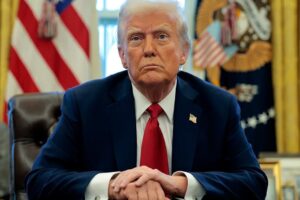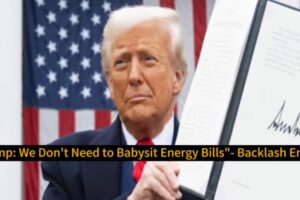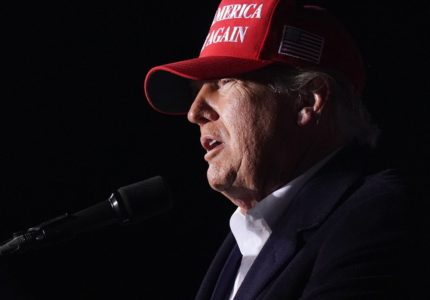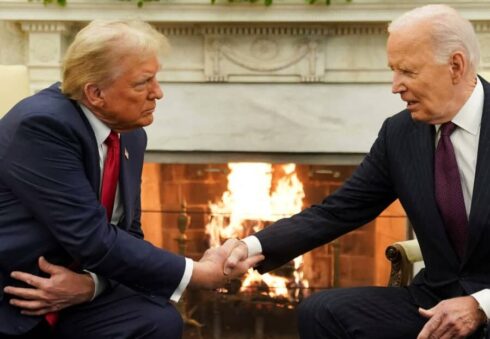The US House of Representatives has rejected a Donald Trump-endorsed funding measure, moving the country closer to a potential government shutdown. The vote, which took place Thursday night, failed to secure the two-thirds majority required, with 38 Republicans defying the president-elect Donald Trump. This development has thrown Congress into chaos, as lawmakers race against time to avert a shutdown by midnight Friday.
House Speaker Mike Johnson has vowed to propose a new solution, but with deep divisions among Republicans and little support from Democrats, the road ahead appears challenging.
How We Got Here: A Tense Build-Up to a Shutdown
The roots of this impasse can be traced back to September when Congress narrowly avoided a shutdown by passing a short-term funding bill that extended government operations until December 20. Speaker Mike Johnson had promised Republicans that they would not face another last-minute, all-encompassing spending bill before the holiday recess.
However, the spending proposal unveiled earlier this week, totaling 1,547 pages, drew sharp criticism. It included provisions for disaster relief, agricultural aid, healthcare reforms, and even funds for rebuilding a collapsed bridge in Baltimore. These measures, while significant, became points of contention, with Republicans accusing Johnson of compromising conservative priorities to appease Democrats.
The rejected bill would have extended funding until March 14, three months into Trump’s presidency. Its defeat underscored the growing polarization in Congress and highlighted internal Republican disagreements on spending priorities.
Trump and Musk: A Forceful Opposition to Bipartisanship
The Trump-endorsed replacement bill sought to link government funding with a two-year suspension of the federal debt limit. However, strong opposition from tech billionaire Elon Musk further complicated the situation. Musk, appointed by Trump to co-lead the unofficial Department of Government Efficiency, leveraged his platform on X to rally against the bipartisan spending proposal.
Musk labeled the bill “criminal,” citing false claims about its contents, and called for lawmakers supporting it to face electoral consequences. His influence culminated in a joint statement from Trump and Vice President-elect JD Vance, condemning the bill’s Democratic-backed provisions. They advocated for a stripped-down spending plan, limited to temporary funding and disaster relief, while demanding significant reforms to the federal debt ceiling.
The backlash from Trump and Musk effectively derailed the bipartisan agreement, leaving Speaker Johnson scrambling to regain control of the legislative process
What Happens Next: A Race Against Time
With the funding bill rejected, the House faces a tight deadline to avert a government shutdown. Lawmakers are expected to reconvene Friday morning to deliberate on alternatives, but partisan divisions remain a significant hurdle.
Speaker Johnson expressed frustration over the failed vote, criticizing Democrats for opposing the bill despite prior agreements. However, Democratic leaders, including House Minority Leader Hakeem Jeffries, blamed Johnson for reneging on bipartisan commitments, warning that his approach risks a shutdown.
The situation has also exposed fractures within the Republican Party, with internal dissent threatening Johnson’s leadership. As tensions rise, finding a viable solution within hours appears increasingly unlikely.
The Consequences of a Government Shutdown
A government shutdown would have far-reaching impacts on federal operations. While essential services such as border protection, law enforcement, and air traffic control would continue, many federal employees would face delayed paychecks.
Programs like Social Security and Medicare would maintain basic functions, but services such as benefit verification and card issuance could face interruptions. Meanwhile, food assistance programs might experience delays, exacerbating hardships for vulnerable populations.
Non-essential agencies, including the Environmental Protection Agency and the National Park Service, would suspend operations entirely, affecting millions of Americans. The shutdown would also disrupt food safety inspections, regulatory enforcement, and other critical functions.
As the clock ticks toward midnight, the stakes could not be higher for Congress and the American public.














